Flash fiction by Nahid Rachlin ♦ Street Art by Luis Pak 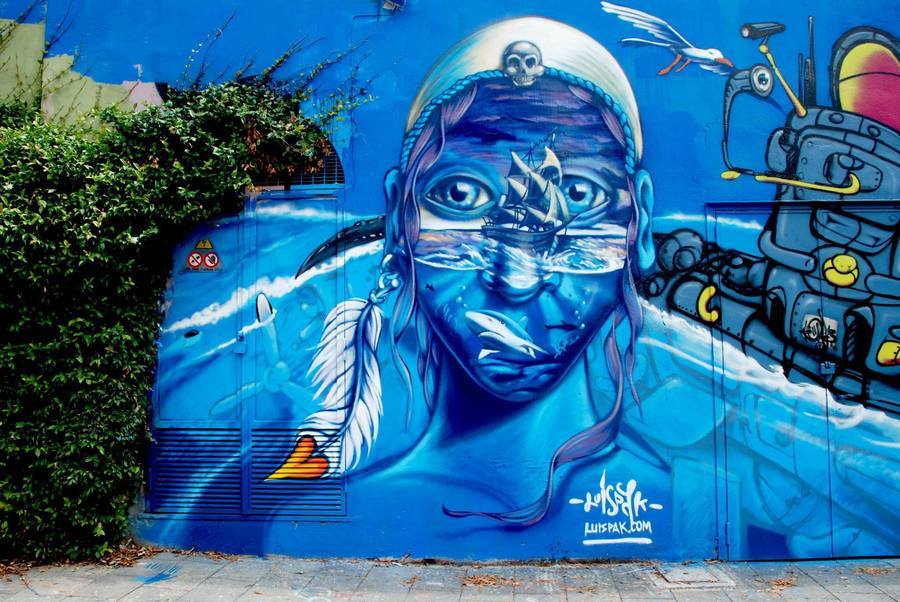
In Tahrir Square a crowd has gathered around a platform. A man is standing on it and giving a speech. I join the crowd. The man is talking about the importance of literacy.
“Reading will add another dimension to your lives.” He has a warm, resonant voice. It seems I have heard that voice before. I go closer. It is Ahmad. He hasn’t changed that much over the years. His hair is streaked with gray but other than that he looks the same. “… Reading will give you insights into situations that are dark for you now; you’ll gain a sense of freedom…” Finally he steps down from the platform.
I go over to him. “Ahmad,” I say excitedly. He stares at me for a moment, then he bursts out, “Oh, Josip! Am I seeing a ghost? What brings you here at this bloody time?”
“Can we go somewhere and talk?” I ask.
“I have a meeting. How about tomorrow? How long are you here for?”
“Two weeks. Maybe longer.”
“Meet me at Café Ellahi. Lucky it hasn’t been demolished. One o’clock?”
“I’ll be there.” I am already feeling better to just be in proximity to Ahmad– it brings back a glimmer of old days when we sat together in cafes and talked about our teachers, friends, movies, courses, but above all about my relationship with Layla. I say good bye and we go in different directions.
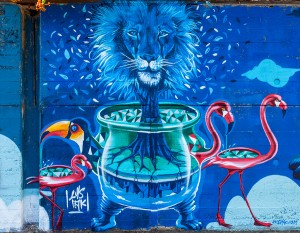 A hot, dusty wind is blowing as I walk aimlessly alongside the Nile, trying to think of a way to find Layla’s whereabouts. Her name evokes the ecstasy of wine, night. A dark wine. Could she possibly be happy with Mahmood Wahba, the husband arranged for her by her parents? Even if I find her, what can I expect from her, a married woman, probably with several children and how could she react to me– a much older man now, my posture a little bent. I was considered to be very handsome once with a strong appeal to women. I have my Irish Catholic mother’s blue eyes and my Egyptian father’s dark curly hair.
A hot, dusty wind is blowing as I walk aimlessly alongside the Nile, trying to think of a way to find Layla’s whereabouts. Her name evokes the ecstasy of wine, night. A dark wine. Could she possibly be happy with Mahmood Wahba, the husband arranged for her by her parents? Even if I find her, what can I expect from her, a married woman, probably with several children and how could she react to me– a much older man now, my posture a little bent. I was considered to be very handsome once with a strong appeal to women. I have my Irish Catholic mother’s blue eyes and my Egyptian father’s dark curly hair.
I meander to when Layla and I walked together on Nile’s bank at night, our arms entwined, pausing under palm trees to kiss, to whisper our love to each other. “I’d die for you,” I said, “I burn with my love for you,” she said. “Oh, I’m never going to be forgiven by God.”
I had abandoned both of my parents’ religions for Sufism, a faith that encompasses and accepts spiritual aspects of all religions. She added, “My father will kill me if he catches us.”
I recited for her a few lines by Rumi, a Sufi poet. Your task is not to seek for love, but merely to seek and find all the barriers within yourself that you have built against it”
She smiled. “But my family…” Then she said in a serious tone, “My parents have arranged for me to get married,”
I was startled and was silent for a moment.
“I can’t break my parents’ will.” She began to cry. I kissed her wet face and begged her not to accept the marriage. She said nothing. She didn’t show up at our next appointment.
More than anything else about Mahmood Wahba I remember his eyes, fluctuating between emptiness and greed. 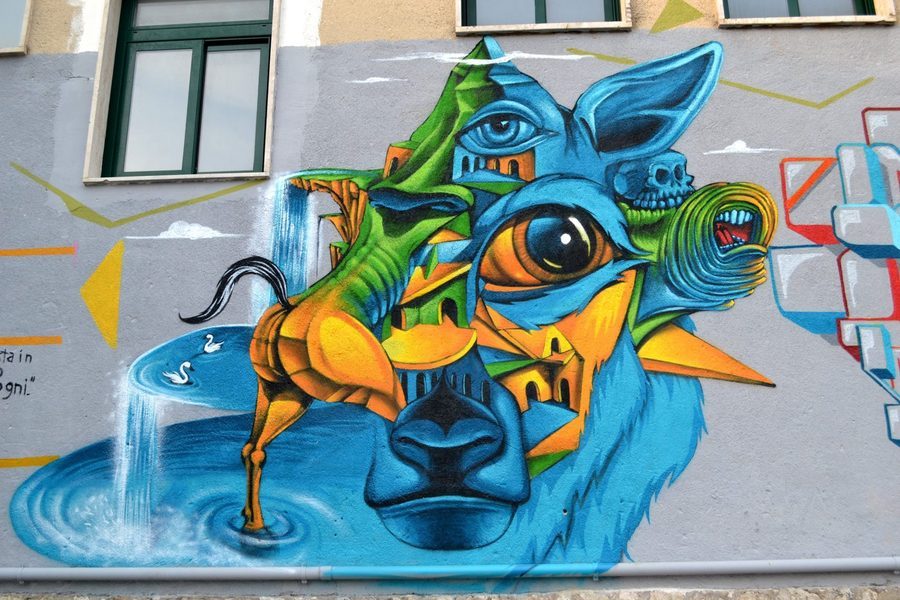
How can I describe the pain I lived with when her father, finding out about her secret meetings with me, forbade her to ever leave their house alone? After that I would hide in a shop near her house and watch her comings and goings always with a crowd of female relatives. Then from that shop I watched her go off to get married to Mahmood Wahba, a man from a prominent Muslim family like her own, then being driven by a chauffeur, a row of cars filled with well-dressed relatives and friends following them. I cried bitterly as I stood there and watched. I kept thinking, if only my family was like his, if only… but of course none of that was within my power.
Wooden boats glide by on the polluted water. Arabic music, mostly songs about being locked in longing and unfulfilled desire blares out from them, only intensifying my longing for Layla. Fishermen heave tattered nets from them and hum along with the songs. I leave the bank as water splashes at me from a ferry.
n front of my hotel two dervishes are whirring and whirring. I am tempted to join them, to shed all the negative tension in me in the movements. But then I just go inside.
In my room, I plop myself onto bed and fall into a dark, dreamless asleep.
Café Ellahi is noisy and crowded, filled with coffee and tobacco aromas, and cloudy with cigarette smoke. Whiffs of fish are carried over by a breeze from the Nile. To guard against the sharp sunlight, I am wearing the dark sunglasses that I bought this morning at the drug store around the corner from my hotel. Some of the other men in the café also wear dark glasses. “What brings you here after all these years, in the midst of this wreckage,” Ahmad asks.
“Nothing logical. I read an article about Wahba being suspect of getting the Christian church on fire. I began to boil, felt compelled to come here, though I don’t know what I can possibly accomplish…”
“My blood is boiling too. I’m sure he did it. You know how he is.”
“My mother used to take me to that church when I was a child. Tell me what are you doing now– teaching?”
“The school was shut down and we all became jobless.”
“Have you tried to leave the country?” I ask.
“How can I? How would I find work? Besides I’m taking care of my ailing parents and my younger brother. I just have to wait it out and hope things get better.”
I tell him I am doing what I never aimed for, being a technician.
“Are you married?” he asks.
“No. No one works out for me. What about you?”
“Who can afford to get married here these days?”
“Do you know if Layla is still married to Wahba?”
“Yes, from what I hear.”
It is like a hand has squeezed my heart at the thought of Layla and Wahba still together. We each order ice cream, I eat slowly; my throat is constricted and I have a hard time swallowing.
Leaning closer to me Ahmad whispers, “Do you know how many times I’ve wished Mahmood Wahba dead? He’s anti-progress. Egypt will remain in dark ages as long as we have people like him controlling things.”
Ahmad is saying what I would say. He goes on vehemently, “I’d kill him with no regrets if I knew I could get away with it. Poor Layla to be stuck with him.”
“Have you seen Layla?” My voice is hoarse.
He nods. “She’s trying to open up a health-care center. She consulted me about that. I worked as a health administrator for a while. She mentioned you… more than once.”
“Really!” My passion for her bubbles up so strongly I feel faint. “Exactly what did she say about me?”
“That you’d have made her happy. “ We are both quiet for a moment, taking spoonfuls of our ice cream. Then averting his eyes from me Ahmad says, “I have a confession to make.”
“What?” I stare at him, waiting. Everything so intense. It is as if my heart is about to jump out of my chest.
“She and I went out once… not out… she invited me to her house when Mahmood was away on a business trip. But she never wanted to repeat it again. She said you were still in her heart. Then… I didn’t want to go any further either, wanted to be loyal to the memory of my friendship with you. She said she wished Mahmood was dead.”
He is looking at me in a strange way now. I see registered on his face a question: could the two of us kill him? I stare into his eyes and am aware of a silent agreement between us. As if to make sure I understand his point he says, “So many innocent people are killed every day by the military… people’s lives are worth nothing to them. Yet Mahnood goes on living.”
I nod. It is amazing how the agreement is reached between us without any direct discussion. It is as if we are back ten years ago when we could communicate with a few words; make a decision to act on something instantly. We leave the café and wander from street to street, heat beating down on us. We discuss unabashedly how to carry out our plan, indifferent to the passersby who might be hearing us. What would they care about our plan when they must have equally strange plans of their own? We agree to meet at 10:00 o’clock the following night in front of Mustafa Kamel’s statue. Then we go in separate directions.
As I walk to the hotel I am aware that there is no sight of women on the streets, probably because of the ever-growing number of assaults and rape. Men in worn clothes and dishevelled hair are wandering around aimless. The half broken down billboards and makeshift homes on some streets are reminders of the destruction all around, a city in chaos after two coup d’états, one against Mubarak, and another against Morse, and now inefficient rule by the military. The country is still in turmoil, in transition, nothing resolved to satisfaction or close to satisfaction. Blood would swirl out of the ground if it were opened up. In my last year in Egypt ten years ago, in 2004, Yasser Arafat who had fallen ill was taken to Paris in the hope of better doctors. French doctors, after he died, declared the cause of death to be a “mystery blood disorder.” Theories began to fly around that he was poisoned by the Israelis because of his sympathy for Palestinians. In my country, theorizing is an ingrained habit, perhaps a way of taking flight out of the hole of misery. Violence has been an integral part of our history. What happened to our ancient glory, Pharaohs and pyramids and other great architecture, when Cleopatra, a woman, could rule, when the rulers were just and enlightened, when the country wasn’t sunk into poverty due to mismanagement?
I come across a flyer wrapped around a half broken down lamppost saying, pluck out weeds of evil so that you can live. On the wall behind the lamppost someone has scribbled, Those who destroy evil will go to heaven” They seem to be talking to me.
It is ten o’clock, dark out; smog has drowned out any glitter of the moon and the stars and even street lamps. Ahmad and I walk slowly to the spot. I am the one who is carrying the pistol; I bought it from a man standing furtively at a street corner. He was trying to sell me opium but then when I asked about a pistol he said he had one in his pocket and would sell it to me. Ahmad didn’t need to do much to convince me that I should be the one to shoot at Mahmood Wahba, on the grounds that I could then escape the country easily with my American passport. And it didn’t take much to learn from him how to use it though I had never even held one in my hand before.
We pass a little dusty park, with men on crutches sitting on a bench, the stubs of their legs showing through their threadbare trousers. The yellow glow of lamplight only deepens the expression of misery on their faces. Behind them, on the parched grass lie young men, who seem to be drug addicts, in half conscious states.
We enter a street lined with rows of houses with crumbling facades, some pockmarked with bullet holes. Ahmed points to an alley and says, “That’s their house.” We enter the short alley which holds only one house. It is large and built of stone. A row of palm trees stands in front of it as if on guard.
Once we have accomplished our task we will have time to run out to the busy street running perpendicular to the alley, and get lost in the crowd roaming around there at any time of the night. Entangled with each strand of thought is: so many innocent lives have been taken randomly, some at will, by this man. Why should he be allowed to live?
“His desk is behind that window. He works late into the night,” Ahmad whispers.
So he has been watching Wahba’s movements, has been hoping for an accomplice, someone who would be at least as eager as he to be rid of this evil force of a man.
Now we are both shivering. How am I going to manage this? I must try to be calm. In the midst of my anxiety and doubts, I think, what will I say to Layla when I finally see her? I will say, do you know you have been dominating my life? In a moment a dim light comes on in the room. I can barely make out the silhouette of someone– it is a woman standing there, engaged in doing something. Is that Layla? I am only moments away from finding out. Then the figure disappears and now I can see the shape of someone sitting behind the desk. Ahmad gently pushes me forward. I go closer to the window and I see… yes, Mahmood Wahba sitting there in flesh and blood. But there is a sharp contrast between this man and the image of him I have in my mind. He looks so ordinary as he sits there absorbed in something, oblivious of being watched. Then I see his lips moving– he seems to be talking to someone. Layla? His face suddenly looks agonized, pleading. He puts the palm of his hand on his face; is he crying?
“Don’t waver,” Ahmad whispers to me. He scans the street with his eyes. “No one is coming.”
Mahmood Wahba is an evil man, I remind myself, trying to push down the hesitation that is immobilizing me. It isn’t just that he stole Layla from me. He exploits his employees. He has arranged the imprisonment and killing of many people. He has burnt down a church. It would be a service to humanity if he were wiped off the face of the earth. I inhale deeply and then take out the pistol from my jacket pocket. The cold metal sends a new shudder through me. A gray light emanates from it as I hold it pointed toward the window. Fingers on the pistol, eyes to the target and then fire, I say to myself. Aim and fire, that’s all there is to it.
“Now,” Ahmad says, touching my arm.
I am about to pull the trigger. Then I jump back as I hear a shot from the inside and see Mahmood Wahba toppling down, collapsing. “Did you see that?” I whisper to Ahmad.
“Let’s go in.” We go towards the door and try to open it. It opens easily. As we enter the hallway I hear footsteps from the inside of the house. We enter the room with its door in the hallway and go in, with me holding the pistol forward. I give a start as I see a pool of blood on the expensive looking Persian rug and Mahmood Wahba lying in it, his hands tied behind him.
“Someone else killed him,” Ahmad whispers.
I am shaking, so is Ahmad, as we stare at the sight. Mahmood Wahba’s eyes are open and still, with no light in them. His mouth is half open, his body is limp. All that is reflected in the large mirror on the wall, duplicating the chilling scene. I notice a note pinned to his sleeve. I kneel down and so does Ahmad. On the note, in black ink, it is written, He was a criminal. In addition to the smell of blood I am aware of another scent. It is the jasmine perfume Layla used to wear. I hear a car engine starting in the back of the house. Reflexively I get up and go to the window on the other side of the room. In the dim light of a lantern hung on a tree I see two men standing by a car. Then I have a quick glimpse of a woman, Layla, about to get into it. “Layla,” I shout. “It’s me, Josip.” She looks at me, startled, but there is no sign of recognition in her eyes. My entire self is entirely focused on her. She still has the same sensual lips, wavy hair, though with a few strands of gray in it, and the same enticing eyes but it all feels so different because of no glimmer of her recognizing me. There are scratches on her arm with dried blood around them, making me think there had been some struggle between her and her husband.
“I came all the way to Cairo to see you,” I say to the air. I am about to open the window and jump out but the car zooms off. The car lights flicker for a moment and then fade.
“Let’s get out of here,” Ahmad says urgently.
We run out of the house and along the alley. Had Ahmad lied about Layla mentioning me to him? But what does it matter now? On Asghari Avenue we merge with the passersby, all men, talking, cursing. We walk on as if we have not just witnessed a man, an important and dangerous man, lying in his own blood. I am haunted by a question. Would I have really pulled the trigger? Other questions pour in– was Layla the one who shot her husband or was it one of those men who were with her? Were one or both men her lovers? Some stars have burst out of the smog and glitter like shiny nails. But they don’t cast light on the darkness I’m enveloped in. Ahmad and I go our separate ways without making further plans.
I am sitting in my hotel room, having breakfast I ordered in, trying to decide when to return to New York. No point staying on here. All nights I kept waking up from bad dreams. In one I was practicing shooting at deer and kept missing it. In another I had shot Layla by mistake and she was moaning with pain. She pointed to a scar and said, “You did this to me.”
On the radio an announcement comes on suddenly, interrupting the music.
Mahmood Wahba, the president of Al Noor clothing factory, was found dead in his study by a servant. He had been shot twice in his chest, the bullets reaching his heart. His wife, Layla, is missing. There have been no arrests and there are no immediate suspects. The police speculate that the assassin was probably living in the Arvanian district and had been aware of all of Mahmood Wahba’s comings and goings.
I can hear the beating of my heart; it is so loud. It might have easily been me who shot him. I still feel the cold sensation in my hand from holding the pistol. I had enough presence of mind to wash off my fingerprints from it late last night before I threw it into a sewer with rushing water. The expression on Layla’s face with no glimmer of recognition in it comes back to me painfully. Something begins to sink in– I have been frozen in time while she has moved on with no trace of me left on her.
As I begin to pack, a feeling of liberation comes over me. It is as if knowing that truth about Layla is setting me free. Maybe at last I will be able to create a good life for myself when I return to New York.
On the way to the taxi row to take me to the airport I pass the burnt out church, the half demolished elementary school, the one I once attended, rows of dilapidated houses. People walking about either look beaten down or full of rage.
A shoe-shine boy sitting on the sidewalk calls to me. “I will make your shoes as good as new.” My shoes are new, having bought them just for this trip but they are dusty now from the rubble everywhere. He asks for a larger sum than I expect, no doubt taking me for a rich tourist. I give him the money in advance and as he begins to shine my shoes I say, “Mahmood Wahba is dead. We should rejoice.”
“You knew him?”
“I know of his evil acts.”
“Yes, he was a terrible man.”
I walk to Lemon Avenue to catch a taxi. A man hands me a sheet of paper. I glance at what is printed on it: “Participate in plucking out the weeds of evil.”
“I’m with you,” I say to him. Though it wasn’t me who killed Wahba, I intended to anyway. He walks on to approach others passing by. The sunlight breaks through the smog, water in the Nile flows heedlessly, oblivious of the turmoil all around.
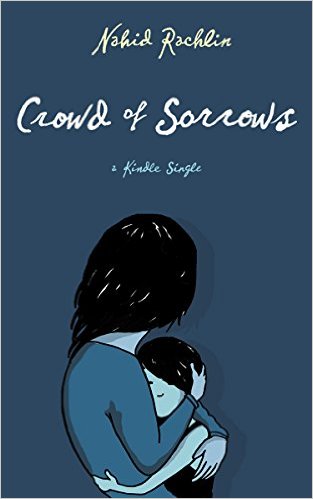 Read her book Crowd of Sorrows here: http://www.amazon.com/Crowd-Sorrows-Kindle-Single-Rachlin-ebook/dp/B00YV4MO3C
Read her book Crowd of Sorrows here: http://www.amazon.com/Crowd-Sorrows-Kindle-Single-Rachlin-ebook/dp/B00YV4MO3C
Nahid Rachlin went to Columbia University Writing Program on a Doubleday-Columbia Fellowship and then went on to Stanford University MFA program on a Stegner Fellowship. Her publications include a memoir, PERSIAN GIRLS (Penguin), four novels, JUMPING OVER FIRE (City Lights), FOREIGNER (W.W. Norton), MARRIED TO A STRANGER (E.P.Dutton-Penguin), THE HEART’S DESIRE (City Lights), and a collection of short stories, VEILS (City Lights). Her individual short stories have appeared in more than fifty magazines, including The Virginia Quarterly Review, Prairie Schooner, Redbook, Shenandoah. One of her stories was adopted by Symphony Space, “Selected Shorts,” and was aired on NPR’s around the country and two stories were nominated for Pushcart Prize. Her work has received favorable reviews in major magazines and newspapers and translated into Portuguese, Polish, Italian, Dutch, Arabic, and Persian. She has been interviewed in NPR stations such as All Things Considered (Terry Gross), P&W magazine, Writers Chronicle. She has written reviews and essays for New York Times, Newsday, Washington Post and Los Angeles Times. Other grants and awards she has received include the Bennet Cerf Award, PEN Syndicated Fiction Project Award, and a National Endowment for the Arts grant. She has taught creative writing at Barnard College, Yale University and at a wide variety of writers conferences, including Paris Writers Conference, Geneva Writers Conference, and Yale Writers Conference. She has been judge for several fiction awards and competitions, among them, Grace Paley Prize in Short Fiction (2015) sponsored by AWP, Maureen Egen Writers Exchange Award sponsored by Poets & Writers, Katherine Anne Porter Fiction Prize, University of Maryland, English Dept, Teichmann Fiction Prize, Barnard College, English Dept. For more please click on her website: website: http://www.nahidrachlin.com
.

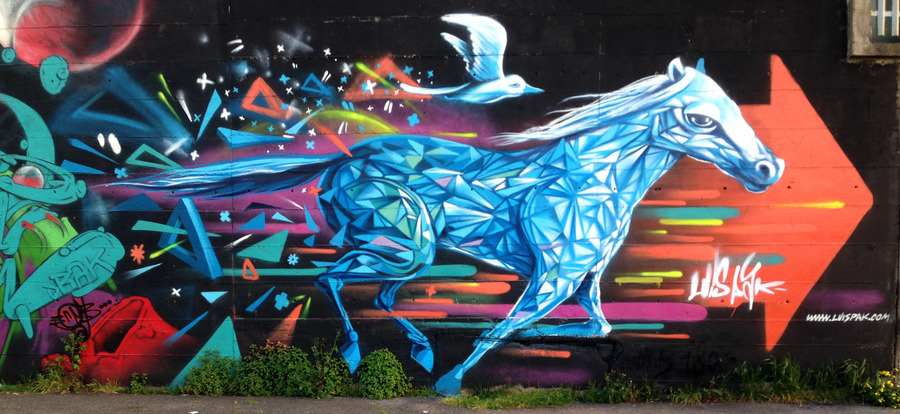
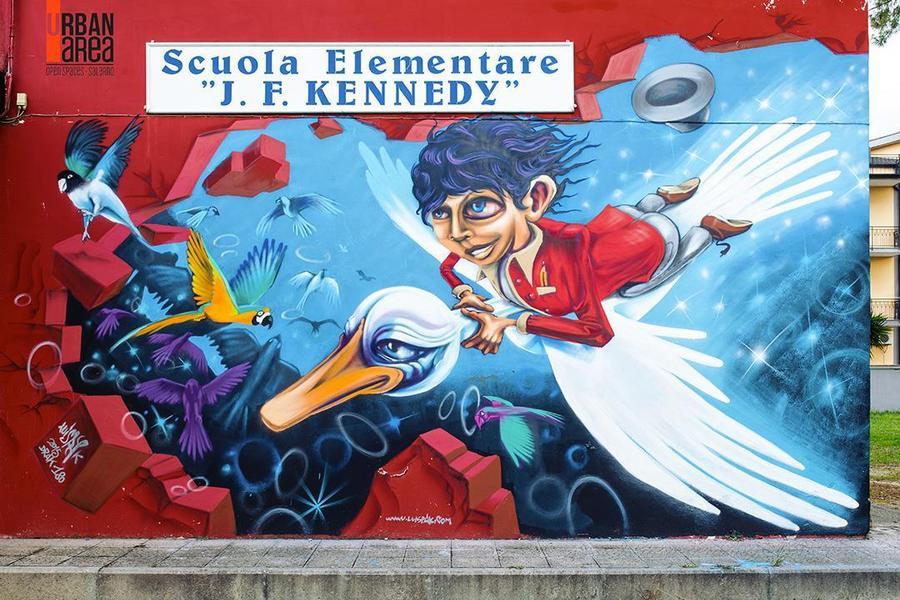

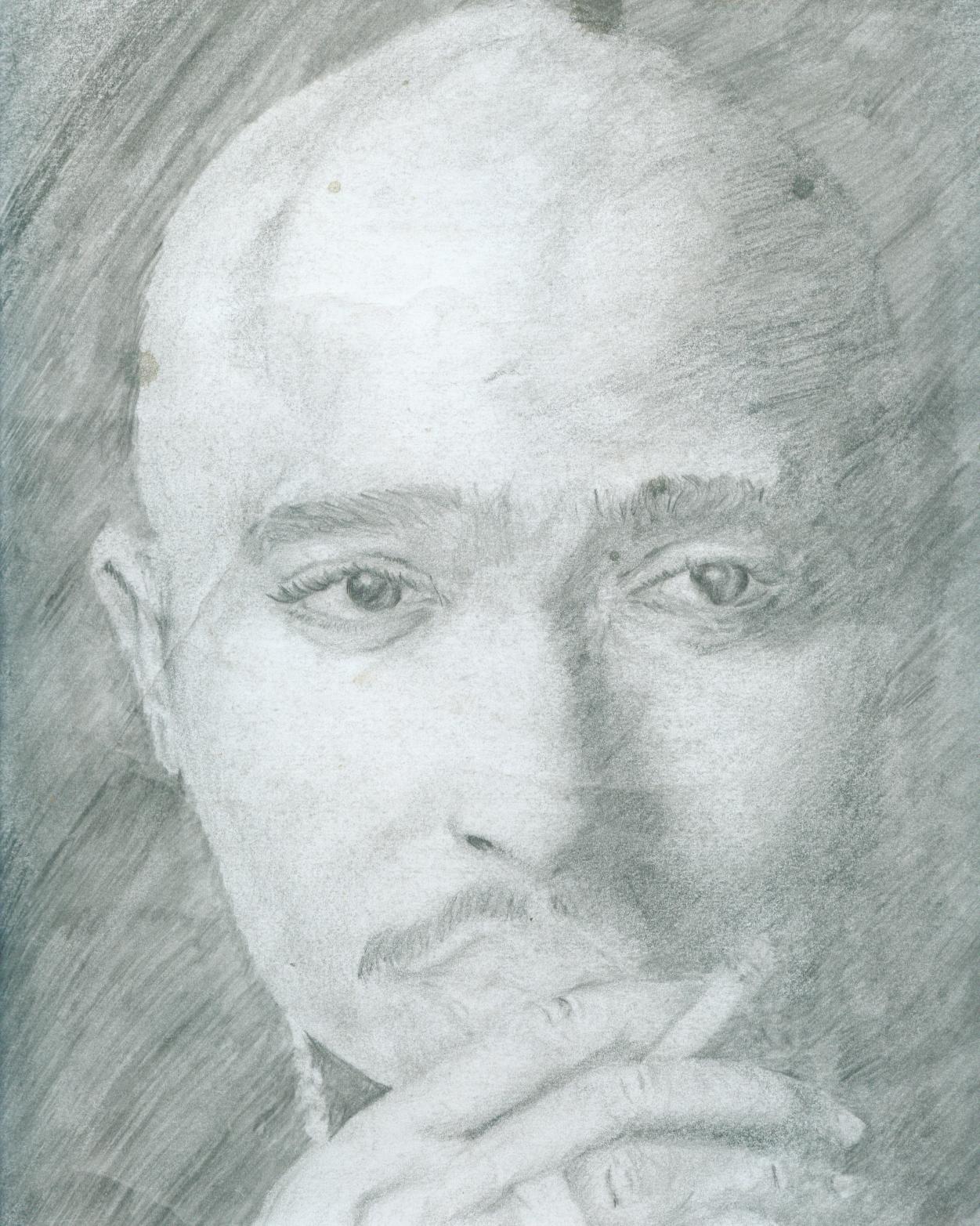
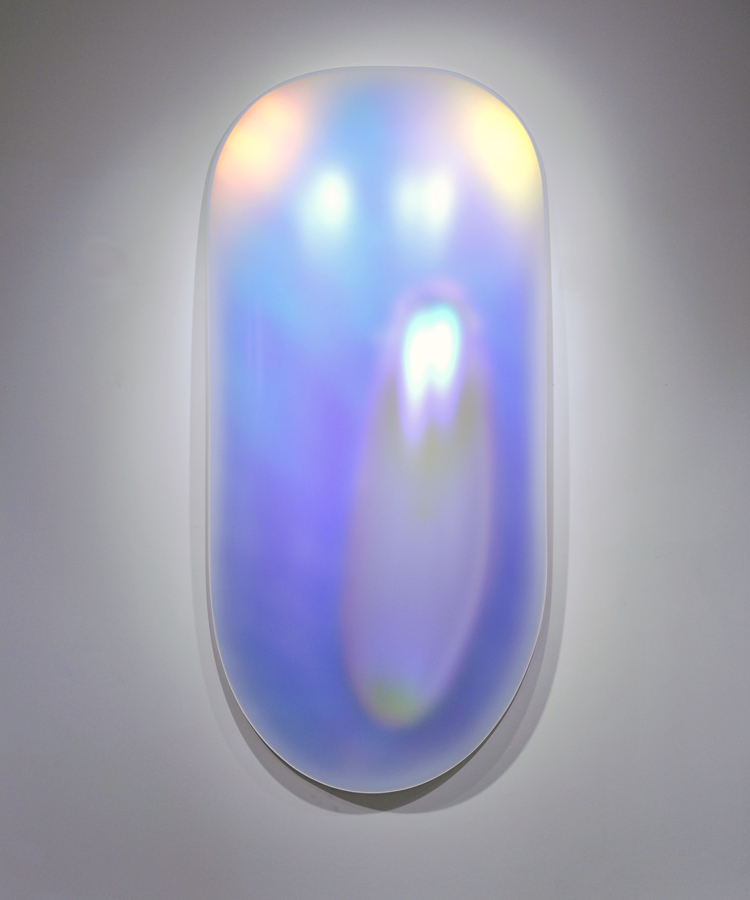
Leave a Reply